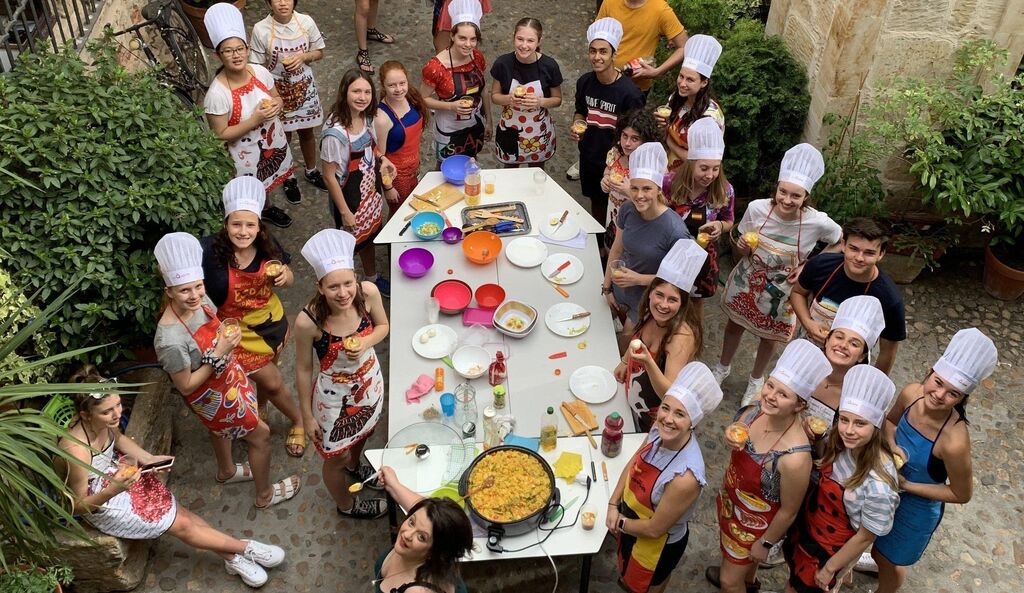11 November 2019
From the moment the student leaves the classroom, English takes over again and the target language vanishes into the background, in many cases until the next language lesson.
Living in an English-speaking country and operating in the world’s most common language, its lingua franca, has undeniable advantages but it also fosters a monolingual mindset. There are, of course, ways to mitigate this, and the internet with its easy access to newspapers, books, music and all kinds of other authentic materials has been a blessing for learners of any foreign tongue. Who would have expected only 10 years ago that we can now turn to video streaming services and not just easily access foreign shows and films but also switch our favourite programs into the target language, with subtitles and an in-built dictionary?
Or that we can hover our mobile phones over foreign language texts and the translation instantaneously appears on our screens? The game has indeed changed and the world has become a little smaller with it.
But there is also a strong case for personal authentic experiences in education. We do not want our children just to hear about diversity at home and abroad; we want them to feel, see and taste that world. Luckily, during their time at Pembroke our students have ample opportunity to make real-world connections and move what they have learned from theory to practice. In Languages education there is little that is more fulfilling than seeing a student succeed in using the language studied at school in real-life situations, navigating unfamiliar environments with linguistic and cultural awareness.
The recent student trip to Spain was a wonderful example of this type of authentic learning and an unforgettable experience for its participants. For 3 weeks in June and July a group of 25 Pembroke students and 3 staff toured Spain and, while a number of famous places were visited, the focus firmly lay on in-country language acquisition. At the core of the trip were two week-long homestays with Spanish families in Salamanca and Granada. Each time our students shared the home with a local family, shared their meals and took part in their daily routines. The morning was filled with classes at a language school, the afternoons were spent exploring our host cities, and engaging in a variety of cultural experiences ranging from a paella MasterChef cooking class to flamenco dancing.
Spanish was all around them: at the breakfast table, on the bus, at school, in the shops and on TV. It was no longer the language a teacher spoke to them four times a week, 40 weeks a year—it had become real, the vehicle that real people use to express their ideas, thoughts and emotions. Even watching a film like Toy Story 4, our evening entertainment one night and entirely in Spanish, was a great reflection on how they had progressed linguistically while on tour. Apprehensive at first and unsure what to make of it when on the way to the theatre, they became more and more immersed in the images and the story until they were completely engrossed in it.
The trip was bookended by two short stays in Madrid and the students’ transformation was amazing to watch. On arrival they were excited yet timid to use their language. There was always a concern of saying something incorrectly or being misunderstood. Fast-forward 3 weeks and the same young people acted with confidence and self-belief in an environment that had been strange before. How we deal with the world around us differs from person to person, but our students must be complimented for embracing what was a unique and unfamiliar yet fulfilling learning experience.
Daniel Ganama
Trip Coordinator



